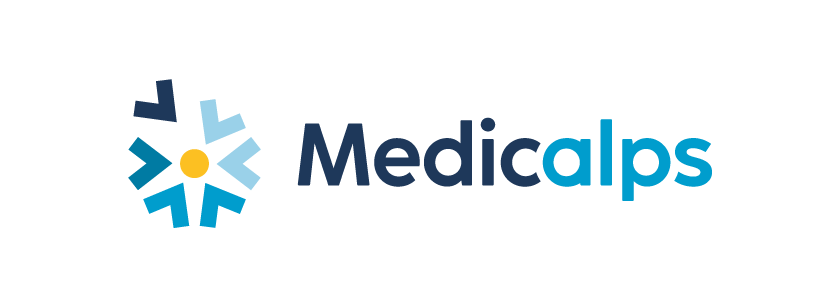Free MassMEDIC Webinar : Systems Engineering for Medical Device Development
Today’s medical devices are redefining the standard of care by improving medical outcomes and patient experience, thanks to technical innovations in product integration and connectivity. Users demand ergonomic, intuitive user interfaces, and increasingly expect their medical devices to seamlessly integrate into their personal suite of connected electronics. These demands drive up the complexity of medical devices, requiring multi-disciplinary development programs that delicately balance user needs with key business objectives. As medical devices become more complex, branching across multiple engineering disciplines, medical device manufacturers increasingly turn to Systems Engineering to guide product development.
This webinar will demonstrate how Systems Engineering contributes to success in complex medical device development, by discussing the role of a Systems Engineer and describing the Systems Engineering process. Additionally, this webinar will cover the benefits of applying Systems Engineering processes and techniques on project outcomes, including:
- Project budget and schedule predictability
- Product performance
- Medical device design control conformance
Presenter: Nicholas Lesniewski-Laas, Director of Systems Engineering, Sunrise Labs
Nicholas is an accomplished product designer in the fields of medical devices, robotics, wearables, microfluidics, and semiconductor manufacturing tools. As one of the first members of the Advanced Technology Team at the Wyss Institute for Biologically Inspired Engineering at Harvard University, Nicholas translated academic research projects into usable products, resulting in a medical device startup and multimillion dollar license deals with large multinational corporations. Nicholas tailored a systems engineering process to the needs of the medical device group at the Wyss, pushing the medical devices group to bring more technologies to license than any other group within the organization. Additionally, Nicholas was principal investigator for four human studies investigating the effects of Stochastic Resonance on balance and performance metrics, resulting in an award winning article in the Journal of Biomechanics. Prior to the Wyss, Nicholas developed robotics and metrology equipment for semiconductor manufacturing tools with extreme operating requirements such as megavolt biases, high-vacuum environments, and 24/7 operation. Additionally, Nicholas helped to build the reliability department at Varian Semiconductor, resulting in a doubling of mean time between interrupts over the term of his involvement with the group. Nicholas holds a Bachelor of Science in Electrical and Systems Engineering from Rensselaer Polytechnic Institute.
After registering, you will receive a confirmation email containing information about joining the webinar.




Laisser un commentaire
Rejoindre la discussion?N’hésitez pas à contribuer !